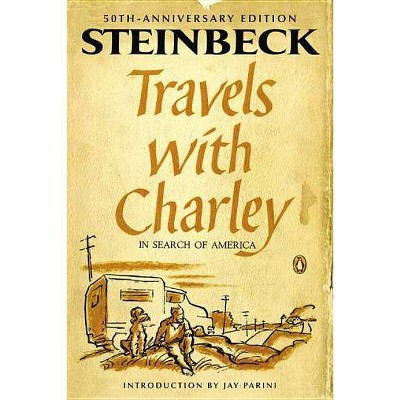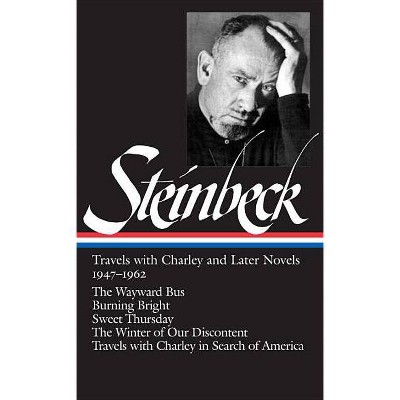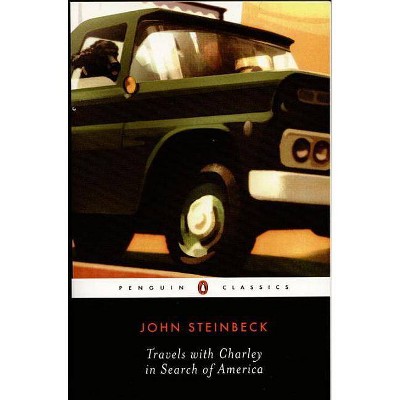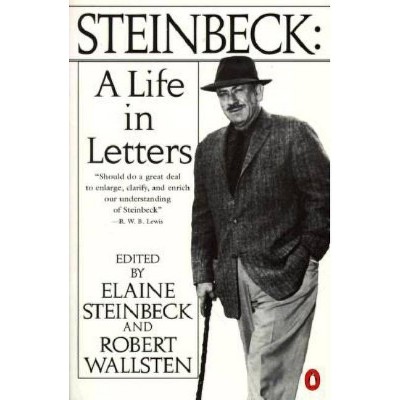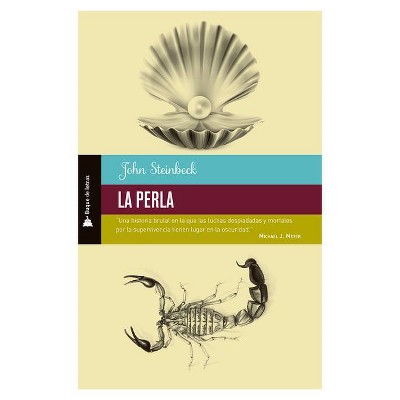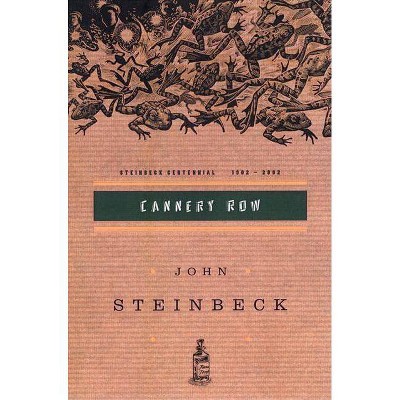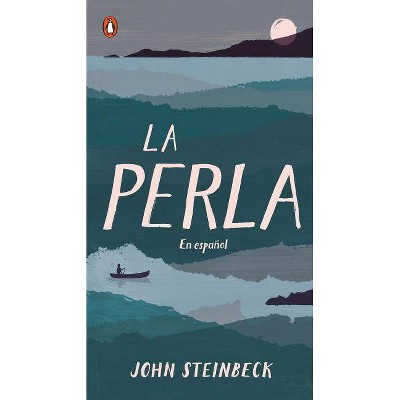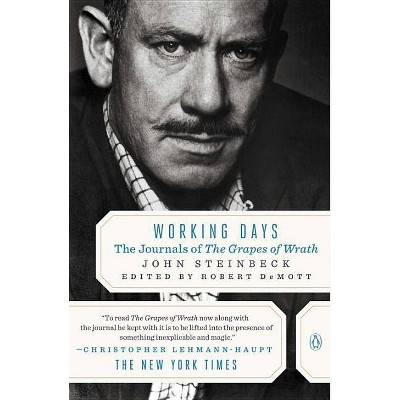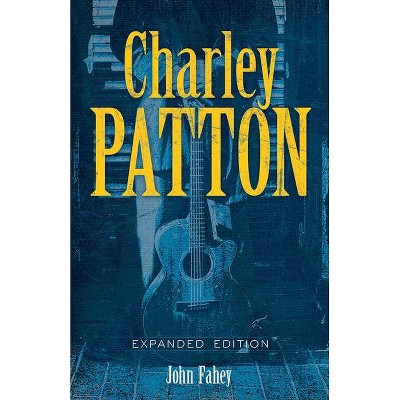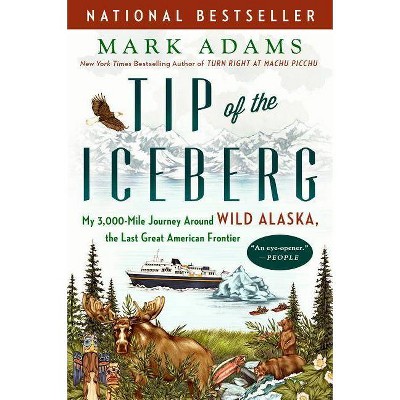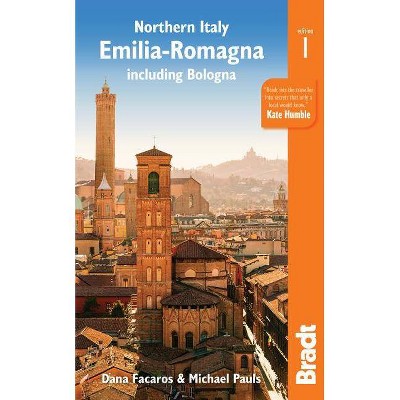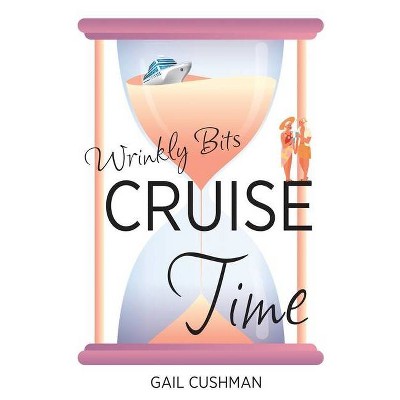Travels with Charley - by John Steinbeck (Paperback)
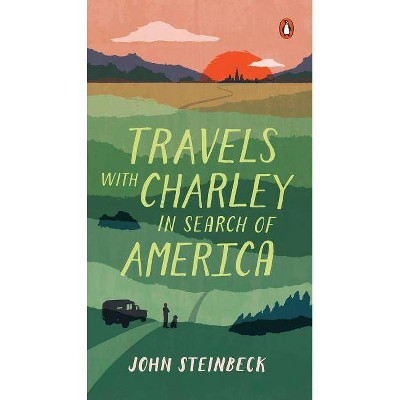
Similar Products
Products of same category from the store
AllProduct info
<p/><br></br><p><b> About the Book </b></p></br></br>With his dog Charley, John Steinbeck set out in his truck to explore and experience America in the 1960s. As he talked with all kinds of people, he sadly noted the passing of region speech, fell in love with Montana, and was appalled by racism in New Orleans.<p/><br></br><p><b> Book Synopsis </b></p></br></br><b>An intimate journey across America, as told by one of its most beloved writers</b> <p/> To hear the speech of the real America, to smell the grass and the trees, to see the colors and the light--these were John Steinbeck's goals as he set out, at the age of fifty-eight, to rediscover the country he had been writing about for so many years. <p/> With Charley, his French poodle, Steinbeck drives the interstates and the country roads, dines with truckers, encounters bears at Yellowstone and old friends in San Francisco. Along the way he reflects on the American character, racial hostility, the particular form of American loneliness he finds almost everywhere, and the unexpected kindness of strangers.<p/><br></br><p><b> Review Quotes </b></p></br></br><br>"Pure delight, a pungent potpourri of places and people interspersed with bittersweet essays on everything from the emotional difficulties of growing old to the reasons why giant sequoias arouse such awe." <b>--The New York Times Book Review</b><p>"Profound, sympathetic, often angry . . . an honest moving book by one of our great writers." <b>--The San Francisco Examiner</b><p>"This is superior Steinbeck--a muscular, evocative report of a journey of rediscovery." <b>--John Barkham, Saturday Review Syndicate</b><p>"The eager, sensuous pages in which he writes about what he found and whom he encountered frame a picture of our human nature in the twentieth century which will not soon be surpassed." <b>--Edward Weeks, The Atlantic Monthly </b></p></p></p><br><p/><br></br><p><b> About the Author </b></p></br></br><b>John Steinbeck</b>, born in Salinas, California, in 1902, grew up in a fertile agricultural valley, about twenty-five miles from the Pacific Coast. Both the valley and the coast would serve as settings for some of his best fiction. In 1919 he went to Stanford University, where he intermittently enrolled in literature and writing courses until he left in 1925 without taking a degree. During the next five years he supported himself as a laborer and journalist in New York City, all the time working on his first novel, <b>Cup of Gold</b> (1929).<p>After marriage and a move to Pacific Grove, he published two California books, <b>The Pastures of Heaven</b> (1932) and <b>To a God Unknown</b> (1933), and worked on short stories later collected in <b>The Long Valley</b> (1938). Popular success and financial security came only with <b>Tortilla Flat </b>(1935), stories about Monterey's paisanos. A ceaseless experimenter throughout his career, Steinbeck changed courses regularly. Three powerful novels of the late 1930s focused on the California laboring class: <b>In Dubious Battle</b> (1936), <b>Of Mice and Men</b> (1937), and the book considered by many his finest, <b>The Grapes of Wrath</b> (1939). <b>The Grapes of Wrath</b> won both the <b>National Book Award</b> and the <b>Pulitzer Prize</b> in 1939.</p><p>Early in the 1940s, Steinbeck became a filmmaker with <b>The Forgotten Village</b> (1941) and a serious student of marine biology with <b>Sea of Cortez</b> (1941). He devoted his services to the war, writing Bombs Away (1942) and the controversial play-novelette <b>The Moon is Down</b> (1942). <b>Cannery Row</b> (1945), <b>The Wayward Bus</b> (1948), another experimental drama, <b>Burning Bright</b> (1950), and <b>The Log from the Sea of Cortez</b> (1951) preceded publication of the monumental <b>East of Eden</b> (1952), an ambitious saga of the Salinas Valley and his own family's history.</p><p>The last decades of his life were spent in New York City and Sag Harbor with his third wife, with whom he traveled widely. Later books include <b>Sweet Thursday</b> (1954), <b>The Short Reign of Pippin IV: A Fabrication</b> (1957), <b>Once There Was a War </b>(1958), <b>The Winter of Our Discontent </b>(1961), <b>Travels with Charley in Search of America </b>(1962), <b>America and Americans</b> (1966), and the posthumously published <b>Journal of a Novel: The East of Eden Letters</b> (1969), <b>Viva Zapata!</b> (1975), <b>The Acts of King Arthur and His Noble Knights</b> (1976), and <b>Working Days: The Journals of The Grapes of Wrath</b> (1989).</p><p>Steinbeck received the <b>Nobel Prize in Literature</b> in 1962, and, in 1964, he was presented with the <b>United States Medal of Freedom</b> by President Lyndon B. Johnson. Steinbeck died in New York in 1968. Today, more than thirty years after his death, he remains one of America's greatest writers and cultural figures.</p>
Price History
Price Archive shows prices from various stores, lets you see history and find the cheapest. There is no actual sale on the website. For all support, inquiry and suggestion messagescommunication@pricearchive.us
